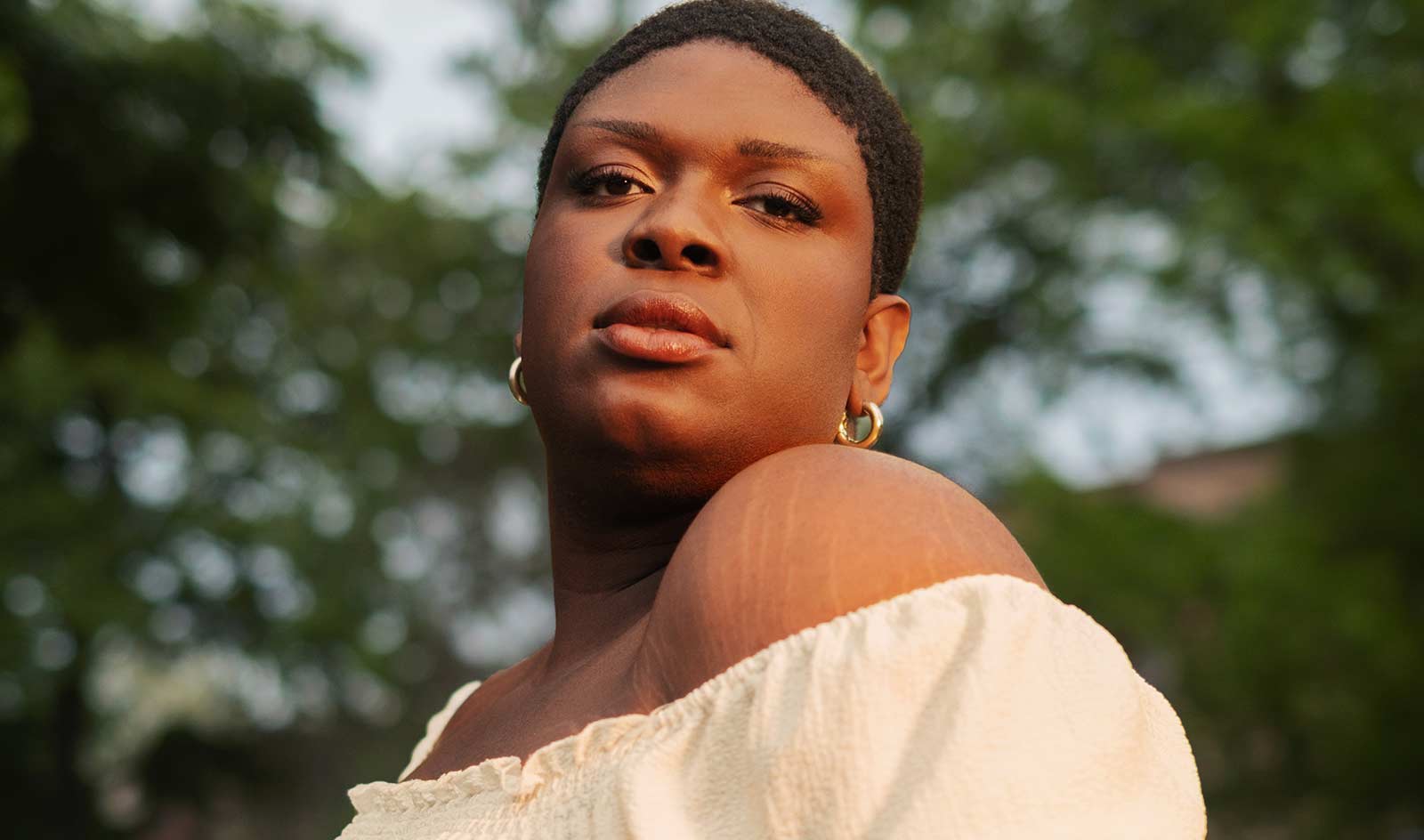How Do I Know If I'm Agender?

"What does it mean to be agender?"
Agender is a term used by individuals who do not identify with any specific gender or who experience a lack of gender altogether. Agender people have a sense that their gender identity is completely neutral, or does not exist at all. They may use words like "genderless" and "gender free" to describe themselves.
Discovering and understanding one's gender identity is a personal and unique journey: there's no single "right" way to be agender or any other identity under the trans umbrella. This can can make it tricky for us if we're questioning things to know the right answer for ourselves. You're not alone!
"Is being agender the same as being non-binary or transgender?"
It depends. Most agender people consider themselves to be part of the non-binary community; many agender people consider themselves trans; some see themselves as members of both or neither community! Again, it's up to you to decide which terms apply.
- "Non-binary" is an umbrella term that means the gender a person feels exists outside the binary definitions of "man" or "woman." It includes many different identities and expressions, including being agender.
- "Trans" is an even broader umbrella term that means the gender a person feels is different from the gender they were thought to be at birth. It includes a broad spectrum of many different identities and expressions.
You might be agender if you don't identify with any particular gender identity, or see yourself as having no gender at all.
"Do I need to use a different name or pronouns?"
No. While many agender (and non-binary) folks change the pronouns they use or change their name to better align with their sense of self, not all do. You can keep your name/pronouns, or use any language that feels good to you. Consider what makes you most comfortable and stick with that; you can also ask people in your life to stop using gendered terms that don't fit, too.
"How do I know if I'm agender?"
Try asking yourself:
- How do I feel when someone refers to me as a man or a woman, or uses gendered language like "sir" or "ma'am" to speak with me?
- How do I feel about the clothing I wear, my hair, and my body?
- When I think about my gender, what do I feel? How does that feeling change if I imagine myself in both gendered or gender-neutral settings? (For example, how do I feel if someone were to say "Excuse me, ma'am?" Or "Excuse me, sir?" Or simply, "Excuse me?")
- How do I feel about gender labels in general? When I try to apply a label to myself, do I feel a connection to any of them, or does it feel like "none of the above" really fit?
- Do I sometimes wonder why people even care about gender in the first place?
It’s okay if you don’t have clear answers for these questions yet. The process of discovering our gender takes time, and our identities can shift and evolve over time, too.
Try this: imagine you have to describe yourself to a stranger in 10 adjectives so they know who you are or how they can recognize you before they meet you. What qualities or characteristics about yourself do you want them to know? (Take your time – we'll wait!) Now look at your list: do any gendered terms come up? Or, does being seen as a particular gender feel unimportant or irrelevant, so you focused on other characteristics and personality traits?
No matter what your journey looks like, if you come to identify as agender, know that you are "agender enough" just as you are.
We recommend reading our guide, "How Do I Know If I'm Trans?"which answers a lot of questions that questioning folks also may have around understanding gender, gender dysphoria, gender expression, transition, and ways to explore your identity.

Written by Point of Pride
Point of Pride provides financial aid and direct support to trans folks in need of health and wellness care.


